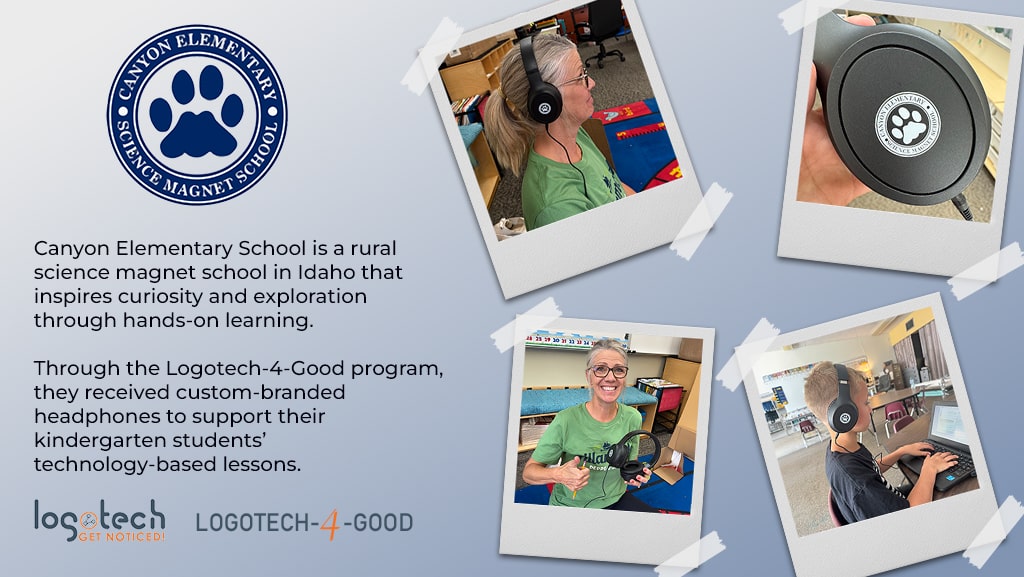
A School in the Cloud for Self-Learning
Shakespeare once wrote of the whining school-boy creeping like a snail unwillingly to school. His words are even more apt with the passing of time. I was reminded of this while watching the inspiring and award-winning TED talk of the educational researcher Sugata Mitra in which he said that schools had outlived their usefulness and that self-learning via the net was the future.
You think this is far-fetched? My first comment would be that children -- especially teenagers -- have a natural instinct to rebel against organized directives. Go north, says a teacher, it'll do you good. The teenager, naturally suspicious, will head south. Don't touch the forbidden fruit, says a teacher. A child will. Don't get into this group, they are irresponsible and will lead you astray. Contrarily, but inevitably, the "bad" group in question becomes ever more appealing.
Are schools obsolete?
Although it's true that nobody forgets a good teacher, that's often with hindsight. Years LATER. At the time it's a them and us mentality. Let's face it: school is increasingly characterized by fighting and bullying (physical but also cyber-orientated). Kids can be cruel, according to The Guardian. But, by common consent it is getting worse out there.
So it's becoming clear that schools are seriously flawed institutions. In addition, achievement or failure at school seem to offer little inkling of who will be successful later in life think how many famous entrepreneurs dropped out early on.
As for being a teacher, it's generally acknowledged to be one of the most stressful occupations. Most teachers probably spend more time remonstrating with wayward pupils than imparting knowledge.
Is self-learning the way ahead?
So should we be so surprised that Mitra came out with the bold statement that school and even "knowing" are "obsolete"? (By this we understand Mitra to mean that it is not so important that we KNOW something but, rather, whether we have the tools to access information to HELP us know, if you get my drift.)
In his speech Mitra also contends, not entirely without foundation, that examinations and tests send a child's brain into shutdown. Certainly, we can agree that the prospect of interrogation panics children. Kids may rebel in the classroom in all kinds of original ways. Yet, perversely, they stay rigidly on-message in exams and tests. Answers to questions tend to be formulaic and parrot-like. Can any of us think of a single bold idea or original thought that originated from our classmates in school? I can't. So has our educational system instilled a kind of collectivized unresponsiveness in our children? If so, it's clear that poor teaching methods are partially responsible.

Mitra was long convinced that learning by rote was not the way forward. He conducted his first "hole in the wall" experiment in India back in 1998, installing computers in slums. No commands, instructions or advice were given to the passing children. In the initial experiment, a computer was placed in a kiosk in a wall in a Delhi slum. Children were allowed to use it freely. The experiment aimed at proving that children could be taught by computers and could dispose of formal training. Mitra termed this as Minimally Invasive Education (MIE). He was amazed at the results and, in particular, how the children helped each other to use the computer.
Fast forward to 2013. Mitra's contention is not just that computers have revolutionized everything -- THAT is clear -- but that old-fashioned ways of learning are redundant. The internet is such a VAST resource that youngsters have everything at their fingertips. The knowledge is all there. It's just a question of acquiring it and there's always someone who knows how to access it. One will know how to use a keyboard, the other a browser.
"Help me build the School in the Cloud, a learning lab in India, where children can embark on intellectual adventures by engaging and connecting with information and mentoring online." (Sugata Mitra)
A screen is better than a person
We are always being told that skilled workers can operate from anywhere. Have laptop, will travel. By the same token, the classroom, and the old-style university lecture usually interrupted by yawning latecomers is looking outdated. The growth of social media and the incredible pool of accumulated knowledge on the net is greater than the mind of one lecturer.
There's another reason why computers are increasingly dominant. Young people have a limited attention span. Listening to an uninspiring teacher drone on is hardly compelling. One USB can impart more knowledge than one teacher talking for 1000 hours!
Whether that means conventional education will become truly superfluous is another question. Clearly, there are some rudimentary concepts and mental calculations that children should learn. For example, a command of basic mental arithmetic is not something that should be dispensed with simply because of the existence of calculators. The foundations are important, but I'm sure that Mitra would not dispute this.
Of course, children go to school not only to learn but also supposedly to make friends and acquire discipline, I also hear you say. "True, but we have established that they rebel against authority. And kids make friends anywhere." One thing, however, seems certain. The old pedagogic techniques with chalk and blackboards and the accompanying funny faces every time the teacher turns his back to the class are dead.
So, let's face it, nobody will ever forget a good laptop!

Many schools have instituted remote learning for their students in our current times. Many schools have purchased branded flash drives for its pupils to share their curriculum and study guides. Logotech can help school administrators find the right education theme flash drive to aid your students as they learn from home.








